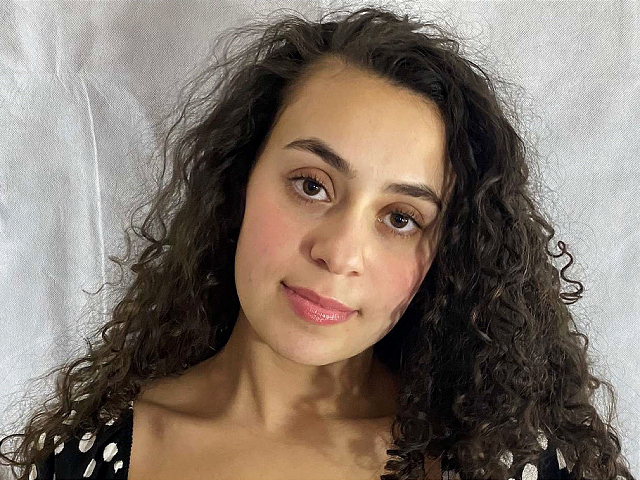
Navigating the PGCE Journey: A Reflection on Theory and Practice at The University of Manchester
As a prospective teacher, embarking on the journey of a Postgraduate Certificate in Education (PGCE) at The University of Manchester has been transformative. From delving into pedagogical theories to applying them in real classroom settings, the experience has been truly enriching. Each day presents new challenges and opportunities for growth, pushing me to expand my understanding of education and refine my teaching practice.
One of the most striking aspects of the PGCE programme at The University of Manchester is the seamless integration of theory and practice, which sets a benchmark for excellence in teacher education. From the very first day of the programme, we are not merely introduced to educational theories; rather, we are immersed in a plethora of educational theories and these theoretical frameworks serve as the foundation upon which our teaching practices are built. This immersive experience goes beyond traditional lectures and readings; it entails interactive discussions, practical workshops, and experiential learning activities designed to deepen our understanding and appreciation of education.
One theory that has deeply resonated with me is Bruner’s constructivist approach to learning. This theory emphasises the importance of active engagement and a hands-on approach in the learning process. With this understanding, I have been able to design lessons that foster student-centred learning and encourage critical thinking skills. Whether it’s through group discussions or experiential learning activities, I constantly strive to create an environment where students are active participants in their own learning journey.
Moreover, the PGCE programme equips us with practical strategies and techniques to effectively manage classrooms and engage diverse learners. Through workshops and seminars, we learn about behaviour management strategies, differentiation techniques, and inclusive teaching practices. These tools have been invaluable in navigating the complexities of the modern classroom, where every student brings a unique set of strengths and challenges.
The opportunity to apply theoretical concepts in real classroom settings through placements has been the highlight of my PGCE experience. Under the guidance of experienced mentors, I have had the privilege of putting theory into practice and witnessing its impact first hand. Whether it’s adapting lesson plans on the spot, addressing individual learning needs, or fostering a positive classroom culture, each day presents new opportunities for growth and learning.
Furthermore, the support and guidance provided by the faculty at the University of Manchester have been instrumental in shaping my PGCE journey. From constructive feedback on lesson observations to one-on-one mentoring sessions, the faculty members are deeply invested in our success as educators. Their guidance, wisdom, and unwavering encouragement have not only honed my teaching skills but have also challenged me to reflect critically on my practice and strive for continuous improvement.
In conclusion, my PGCE journey at The University of Manchester has been an eye-opening and transformative experience. By bridging the gap between theory and practice, the programme has equipped me with the knowledge, skills, and confidence to thrive in the dynamic field of education. As I continue to the next chapter in my journey as an educator, I am grateful for the invaluable lessons learned and excited for the adventures that lie ahead.
Written by Aliya, current PGCE (Primary) student at The University of Manchester






0 Comments